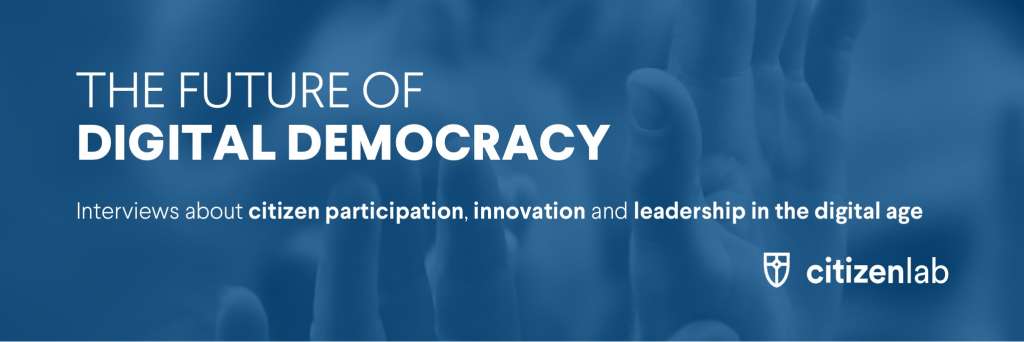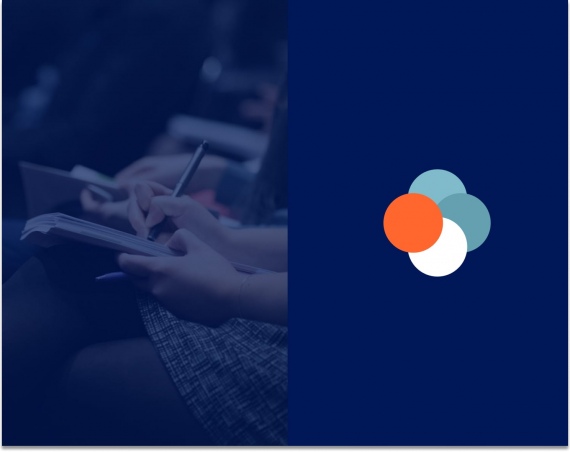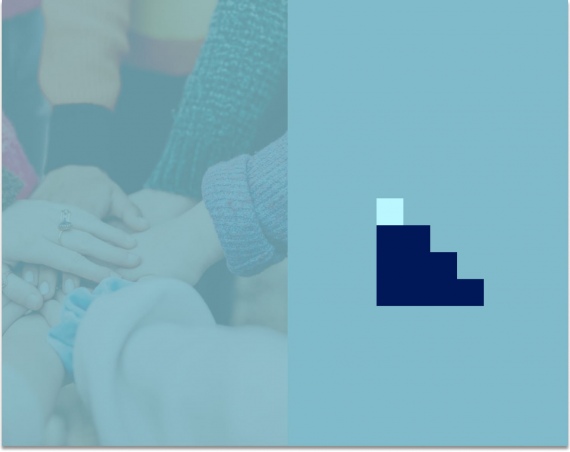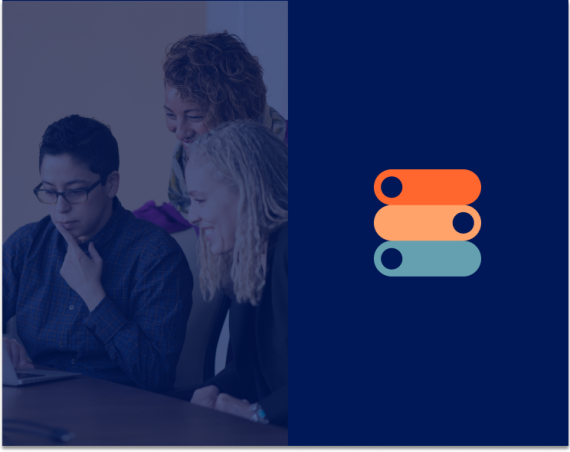This interview is part of a series of 12 expert interviews on the future of digital democracy. You can read the full white paper with interviews here.
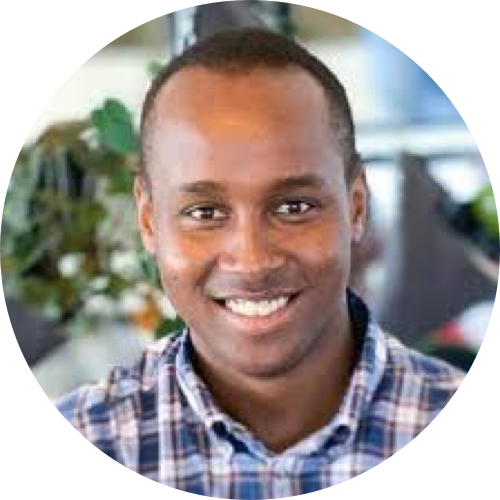
David Lemayian is the Chief Technology Officer of Code for Africa, the continent’s Civic Technology, open data and data journalism initiative. David is an experienced technologist with a track record of finding creative ways to use technology in government and civil society organizations. He co-created TaxClock, a web-based tool that allows citizens to understand how their national budgets are allocated to various parts of the economy. Furthermore, David built the GotToVote toolkit that has been used in 8 countries to help citizens register to vote.
CitizenLab – “What major challenges do you think technology will help the government address in the next 10 years?”
David Lemayian – “It depends on the type of government. An extractive government will use technology to spread propaganda and stifle public discourse online. They might even use technology to track dissidents or monitor journalists in even more pervasive ways in the next 10 years. More inclusive governments will use technology to engage with their citizenry – in public participation and in service delivery. These governments could exploit emerging technologies to tackle problems in new ways; drones for better survey methods, medicine delivery, or temporary mobile towers. Also, they could use old technology better – provide open contracting portals at local levels, make more data accessible to more citizens to engage and participate more effectively, and keep those in power accountable.
At the end of the day, tech is a tool. The major challenges of procurement corruption and more transparent reporting will depend on how the particular government would use it and the political goodwill behind the implementation.”
C – “From health to police and education, algorithms are playing an ever-growing role in public service. What can be done to ensure the technology is inclusive?”
DL – “To be inclusive, there will have to be a human rights-based approach to algorithmic accountability.
There first needs to be sufficient awareness on the level of impact of such technology with examples of both opportunities and threats. For blind-spots to be uncovered, it’ll take more than critical thinking – it’ll take civic thinking. Regulations around fairness, ethics, and data protection will also have to be cemented and include international governance bodies to police corporations that would take advantage of loopholes in developing-countries’ laws.”
“In many cases, Civic Tech had to circumvent the government to make citizen engagement happen.”
David Lemayian
C – “What are the ambitions of Code for Africa (CfA)?”
DL – “Code for Africa is an ecosystem builder. We work through civil society partners and newsrooms to empower them, rather than trying to do everything ourselves. CfA is also an advocate of open knowledge systems. We, therefore, ensure that everything we build is open source, open data and open access, within a strong do no harm ethical data framework. Our ambitions remain aligned to these goals by creating investigative labs and incubating initiatives that use leapfrog technologies for good.”
C – “How would you describe the current status of the Civic Tech ecosystem in East-Africa? What hopes do you have for its future?”
DL – “The Civic Tech ecosystem in East-Africa is going through a maturity phase. We’ve been some of the pioneers testing the grounds for Civic Tech on the continent, and we’ve seen some initiatives end, others continue to thrive, and others join the field of Civic Tech. My hope for the ecosystem’s future is to see more collaboration with the governments. Due to political challenges, unlike in the West or in developed countries, the local Civic Tech, in many cases, had to circumvent the government to make citizen engagement happen; leaving the government behind or hostile to interventions. To the extent possible, it’d be good to have Civic Tech implementations adopted more strongly by governments in East Africa.”
C – “How do you perceive the role of civil society regarding achieving transparency in governance? What actions should governments take themselves?”
DL – “I’d say the role of civil society in achieving transparency in governance is to, in an independent manner, help citizens decipher the impact of public matters. It’s important citizens gain an understanding of complex national and local issues and the impact of budgets, policies and laws. Governments, on the other hand, should see such interventions as an opportunity to learn and strengthen communication with their citizens to achieve a better standard of living for its people.”
C – “How can governments use technology to better engage their citizens?”
DL – “From tackling internal systems to creating a cohesive whole, governments can use technology to improve efficiency and transform a State into more inclusive political systems. Online and mobile technology can also be used to improve public participation such as in local budget meetings or to request for a road to be repaired.
In developing countries, the main barrier would be skills and political gaps. Attracting talent that can feasibly and efficiently tackle technology adoption might be left up to expensive consultants who create short term fixes without long-term considerations. Political goodwill can be hard to also garner if the leaders don’t understand the application and the electorate’s unaware or disinterested.”
“Civil society should, in an independent manner, help citizens decipher the impact of public matters.”
David Lemayian
C – “How does GotToVote [a toolkit that allows citizens to register to vote in an easy manner] solve this issue?”
DL – “GotToVote tried to solve these issues by for instance helping the electoral body in Ghana registration centre information into a single place for the first time. We then made GotToVote open source and available for anyone to re-use. In Malawi, we worked with local, in-country civil society organisations who were looking to implement new official channels for citizen participation. In 2019 when UNDP [United Nations Development Programme] offered support to the same elections body, at the top of their list of requests was an SMS system. That’s why we believe in building ecosystems and helping governments and civil society experiment with technology; it lowers the barrier of adoption.”
This conversation is part of a series of 12 expert interviews on the future of digital democracy. You can read the full white paper here.
